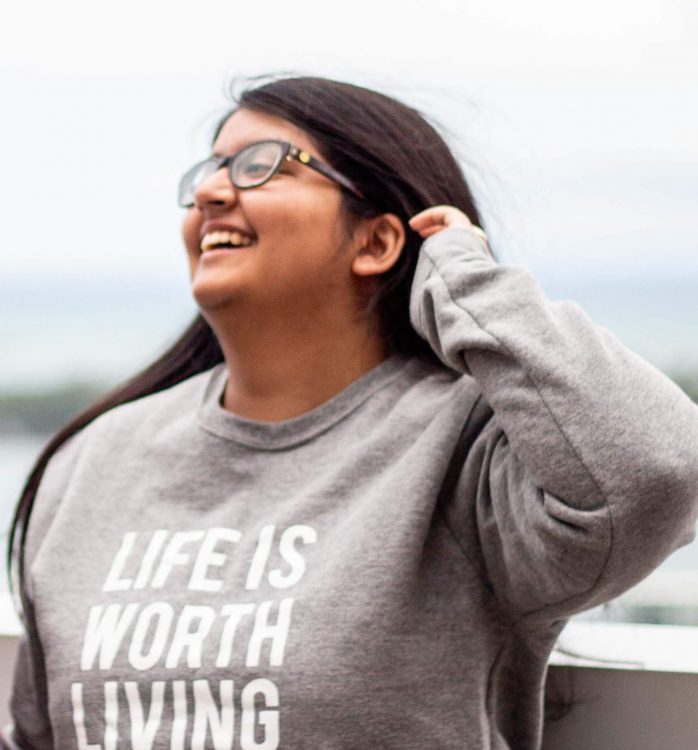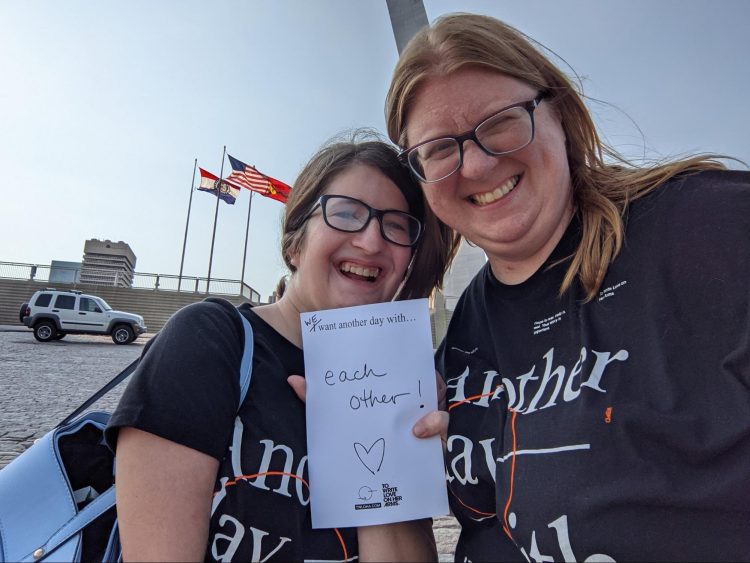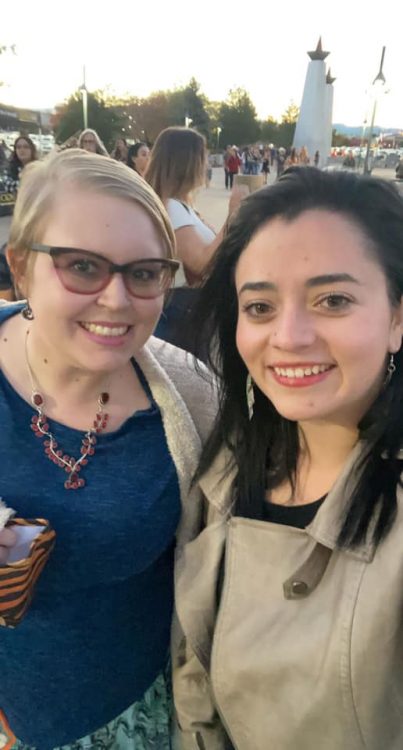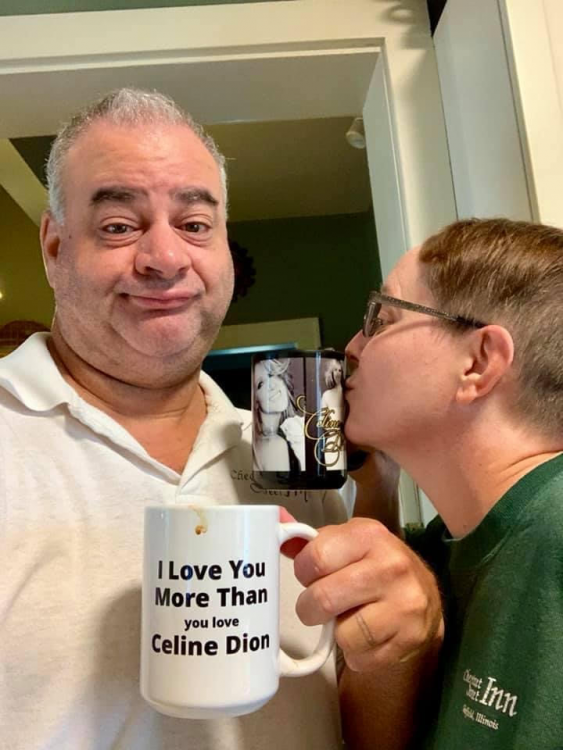“Share the best conversation you’ve had about your health.”
I’ll be honest, I couldn’t think of many good conversations about my health at first. Those of us who live with a chronic condition or disability are often subjected to ignorant and rude comments. Doctors can be dismissive, and government agencies that are supposed to help us often make us jump through hoops to prove that we really are sick/disabled. Even well-intentioned people may offer unsolicited health advice like “Have you tried yoga?” that frequently isn’t helpful. Amidst all this negativity, it can be difficult to remember the positive experiences — but that’s why it’s especially important for us to hold onto the good conversations and the people who support us no matter what.
I have both a physical disability and invisible conditions, but lately, I’ve been speaking up more about my invisible disabilities and neurodivergence. This has led to some amazing conversations with people who have similar experiences, but like me, they haven’t discussed them much publicly. Often when we talk about health, we fear being judged, but this experience has reminded me that when we share our truth, we can and often do receive tremendous support.
Here’s what our contributors told us about their own experiences:
1. Ameera Ladak, on ADHD

“The best conversation I’ve had about my ADHD was with a friend who is also neurodivergent. Though our conditions are different, I appreciated how attentively she listened and how much of an interest she took in learning about me. We shared our challenges, shared our differences from neurotypical people, and asked questions back and forth. Over time, we’ve continued these deep and sacred chats, often texting each other after therapy, reflecting on our experiences, and having rich conversations. It’s the best because I not only feel seen, but I feel like she wants to see me and makes active efforts to do so.”
If you’re experiencing something similar, read this:
- 10 Things Neurotypical People Need to Know About Living With ADHD
- An Inclusive View of What It Actually Means to Be Neurodiverse
2. Megan Glosson, on Chronic Migraine

“I woke up to that familiar, unwelcome guest — migraine. As I tried to get out of bed to grab supplies, my partner rolled over and gently stroked my hair.
‘Migraine?’ she said. I nodded.
Without another word, she climbed out of bed and quickly returned with my ice pack, a bottle of water, and some pills.
‘I’m sorry I’m so broken,’ I mumbled as I drank a sip of water.
‘I’m broken, too. I love you,’ she replied.
There wasn’t any complaining or judgment, just unconditional love and understanding. I’m constantly thankful I found a partner who also lives with health conditions.”
If you’re experiencing something similar, read this:
- Supporting Those Who Support Us in Life With Chronic Illness
- 6 Ways Your Partner Can Help During Migraine Attacks
3. Ashley Nestler, on Schizoaffective Disorder

“The best conversation I have had about my health took place in a therapy session. I had come to the conclusion that I would need to apply for disability due to my multiple mental illnesses and inability to work. My therapist responded by saying, ‘This does not define you. This is just a part of your life and something that you need to do for yourself now. It does not mean that this is forever, but you need to use the resources available to you to help you now.’ Never had I felt more seen or understood than my therapist validating me and my struggles in that single moment.”
If you’re experiencing something similar, read this:
- 16 Secrets of People Who Aren’t Working Because of Their Mental Illness
- Slipping Through the Cracks as Someone Disabled by Mental Illness
4. Monika Sudakov, on Endometriosis

“One doesn’t generally expect a conversation with an employer to be the magic key that unlocks their mysterious illness, but that’s what happened to me. I had called in sick every month because of my excruciating periods. When my boss confronted me about it, I told him about my symptoms. Instead of disciplining me, he shared that his wife had the same issues and a laparoscopic procedure led to a diagnosis of endometriosis. His willingness to listen to me and provide me with a referral was the reason I finally got the treatment I needed. I’ll forever be grateful to him.”
If you’re experiencing something similar, read this:
- Just Diagnosed With Endometriosis? Here’s a 5-Step Plan to Help
- 7 Tips for Talking to Your Doctor About Endometriosis
What is the best conversation you’ve ever had regarding your health? We want to hear about it. Let us know in the comments below, and share your own by submitting a story or posting a Thought.
Getty image by Urbazon.

